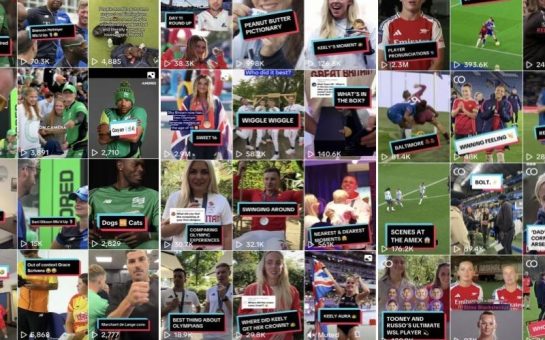By Naomi Curston
August 10 2020, 18.25
Follow @SW_Londoner
Sadistic, militant and stupid: these are just some of the words the general public associate with vegans.
Given this negative image, and the anti-animal exploitation group’s focus on compassion, you’d hope their online spaces would advocate for equality for all.
But vegans of colour report that they find it more difficult to make money from their lifestyle than their white counterparts, and also face backlash against #BlackLivesMatter posts in spaces supposedly carved out for compassion.
Tomi Makanjuola (pictured above), 28, is a Queen’s Park-based vegan chef and blogger.
She created her blog, the Vegan Nigerian, shortly after becoming vegan seven-and-a-half years ago, and since then has published three books, and runs cooking classes both on- and offline.
She said: “My frustration really crops up when I see the way race is treated within vegan circles.
“I’m part of a couple of vegan Facebook groups, and there have been instances where if someone posts something even remotely related to race there’s this backlash, as if to say: ‘It should be all about the animals and not to do with people or race – you’re diluting the message of veganism.’
“In my opinion that is complete nonsense, because the whole thing about veganism is compassion, right?
“Compassion trickles down into the other layers of what makes up our society, including the way human beings are treated.
“You can’t say that discussing black lives is diluting the message.”
Toni Vernelli, 48, is the international head of communications and marketing at Veganuary, a non-profit that encourages people to try a vegan lifestyle for the month of January.
For the rest of the year, Veganuary supports people and businesses in transitioning to a plant-based diet.
Dr Vernelli said: “You’d think people who follow us are going to be nice people, but unfortunately that’s not the case.
“On Facebook our Black Lives Matter posts did get comments along the lines of ‘what does this have to do with veganism?’
“We were very firm with our followers that we weren’t going to tolerate racism.
“This has been a really good awakening for our community that we haven’t been doing enough.”
North London-based Kirly-Sue, 51, is a vegan cook, author and presenter.
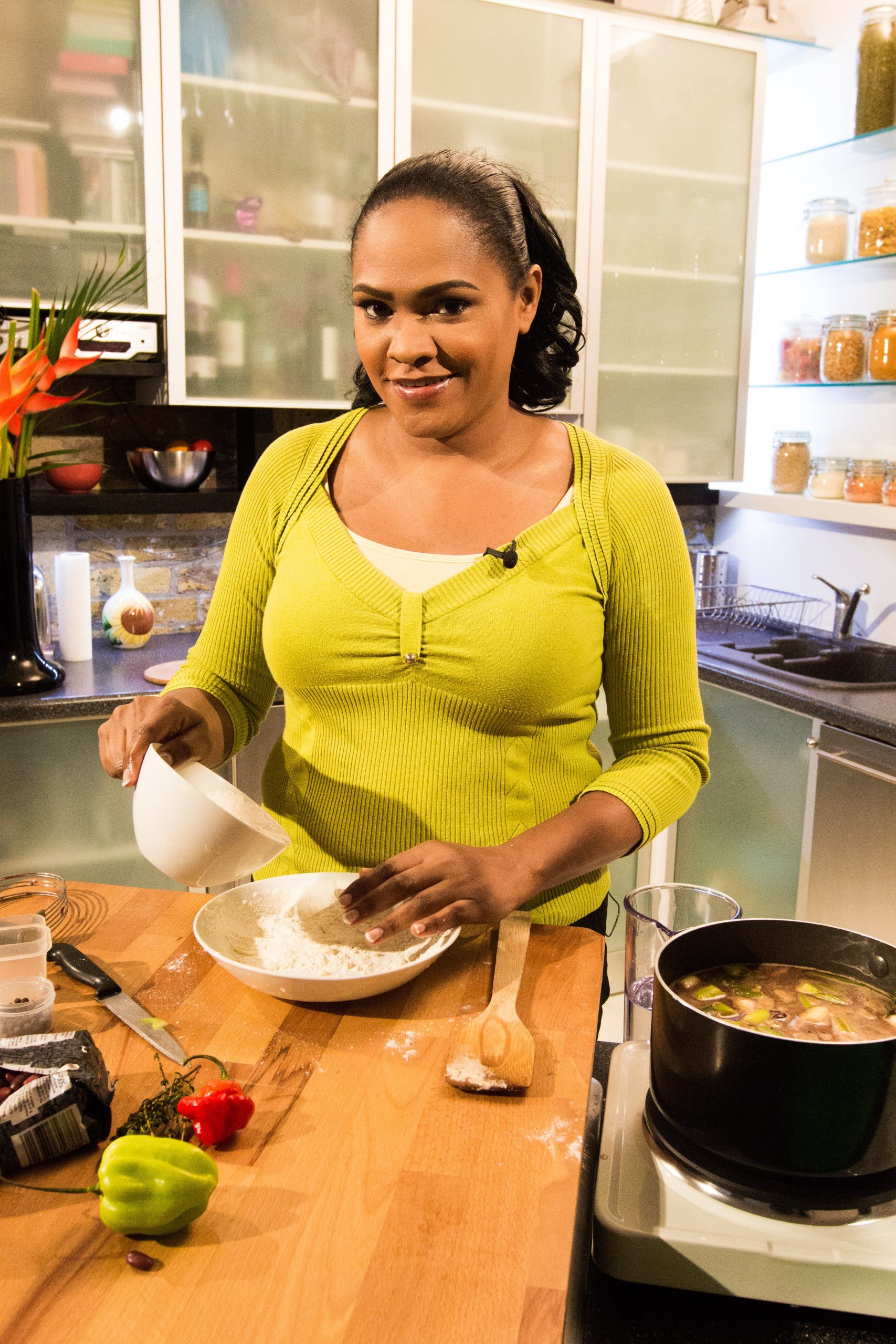
Her Amazon Prime show Kirly-Sue’s Global Kitchen premiered last month, and she’s now working on Season 2.
Despite this success, she said: “When you’re black you’re sometimes afraid for people to see who you are, because there are still people who will not engage with you because of what colour you are.”
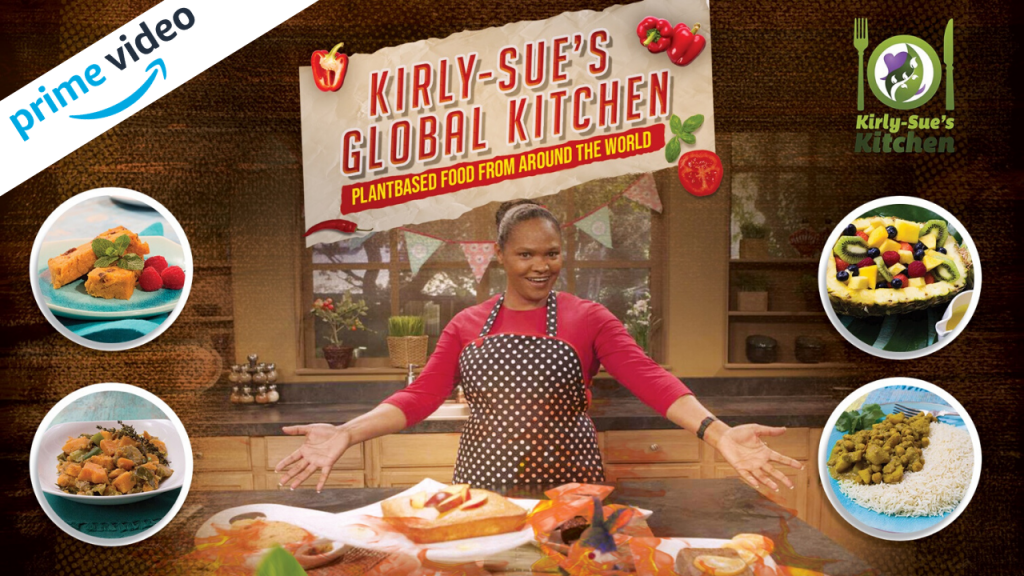
Social media racists aren’t the only problem.
List after list of ‘top vegan influencers’ are dominated by white faces, something that only changes if you add phrases like ‘black-owned’ to your search query.
Kirly-Sue said: “I was due to talk at six different vegan festivals this year, which sounds great, but I was approached by none of them.
“There are always white people speaking – now there’s nothing wrong with white people speaking, but all vegans are not white.
“Find someone who’s black, find someone who’s Asian, find someone who’s a wheelchair user, find someone who’s deaf.
“I worked in corporate organisations for years and one HR director said to me at the time that unless you make a conscious effort, people only hire people who are from a similar background.”
Veganuary’s core team is overwhelmingly white, for instance, and so too are their ambassadors – celebrities, athletes and farmers alike, who promote the cause in the media – although they are aware of it.
Dr Vernelli said: “Diversity is certainly something we recognise we need to improve at.
“We are very much a white organisation, not deliberately, but that is the current reality of it.
“When we open in other countries we do work with local people rather than trying to have an imperial influence… so we do reflect the local culture as much as we can.
“Within our staff we have work to do.
“We’ve also tried over the years to make our ambassador programme more diverse, but have struggled a bit.
“Last year we were really thrilled to welcome the first vegan to ever climb Mount Everest, Kuntal Joisher.”
She added: “Every animal group I’ve worked for has had this problem, but when I’m doing grassroots campaigning, I do meet people from all backgrounds who are vegan activists.”
In line with Dr Vernelli’s words, Veganuary implemented a more inclusive social media policy this July, mandating use of gender-neutral language, improving accessibility for the visually impaired and ensuring diverse voices were amplified.
There’s also the issue of white-owned brands profiting from the cultures of others.
Thug Kitchen, a US-based vegan brand with several books out under the name, apologised and rebranded to Bad Manners this June, although its problematic nature was first pointed out in 2014.
The brand is owned by a white couple, but uses African American slang and phrases from black-written rap lyrics to set themselves apart.
The word ‘thug’ is also considered inappropriate as it is often used as a harmful stereotype describing young, black American men.
Miss Makanjuola said: “There is a part of me that feels their decision now is rather performative, because they’ve been called out on this several times before by prominent black vegans, and they’ve done absolutely nothing about it.”
Kirly-Sue added: “For a black person to make money, we’ve got so many barriers to success it’s not funny.
“I really I wish there was a pill to help people who are not from a black background to see what we put up with.
“Do not take the food out of other people’s mouths. Don’t. It’s really not right.
“So that’s why they’ve been called out.”
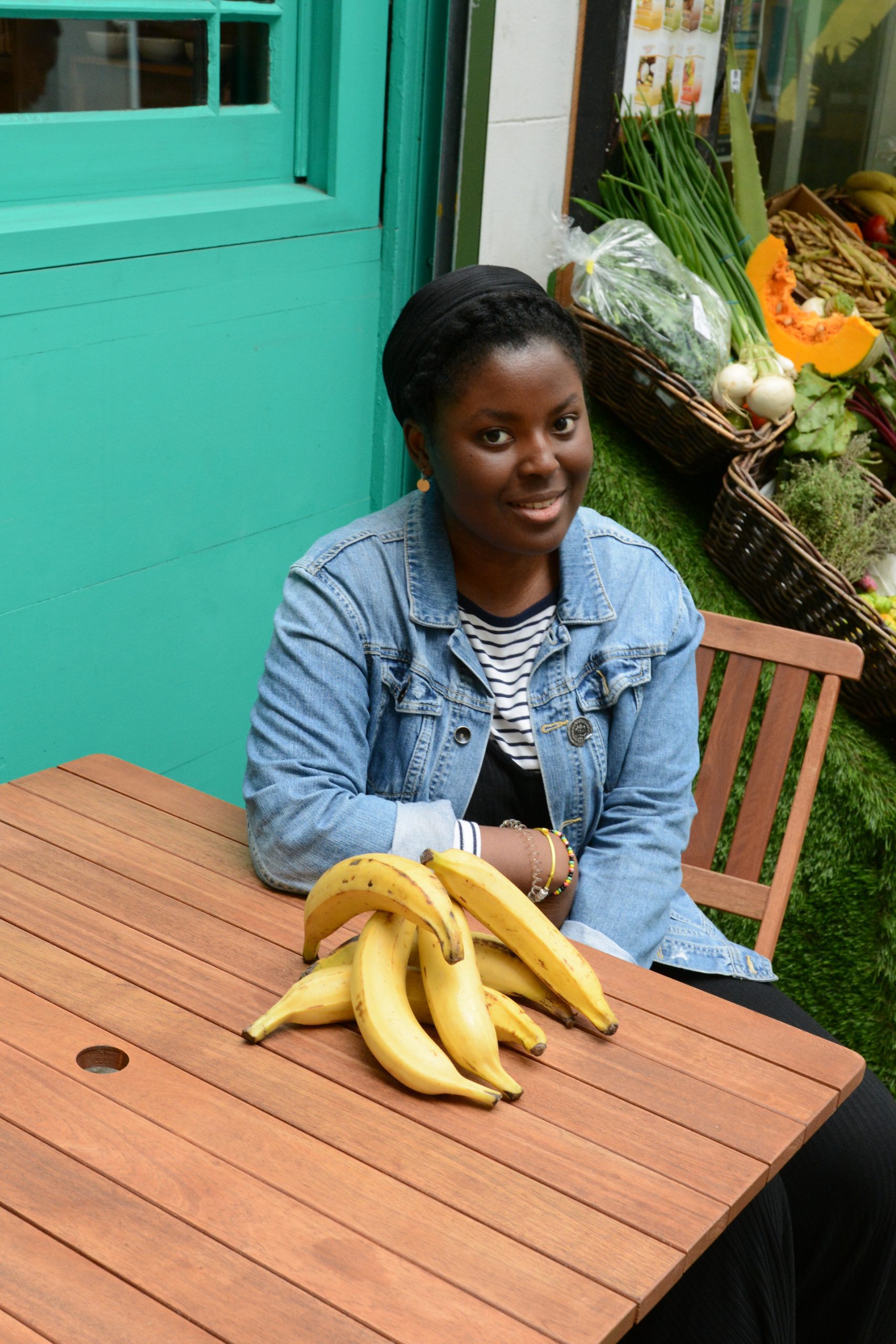
Miss Makanjuola looks at the opportunities a plant-based diet presents. She said: “For me it was very important that I didn’t just forgo all the food that I loved.
“I saw it as an opportunity to bring whatever I was thinking about veganism, bring that into my culture.
“I do think that most African countries, their cuisines lend themselves very well to a plant-based diet anyway.
“Whenever I do a demo or a cooking class, one of the first questions I ask is: has anyone here ever tried Nigerian food?
“And most of the time it’s dead silence, no one’s tried it.
“But then when I see the willingness of people to learn about it, that’s always really encouraging and great.
“I think the appetite is definitely there for people to diversify their meals and the kinds of foods they eat.”
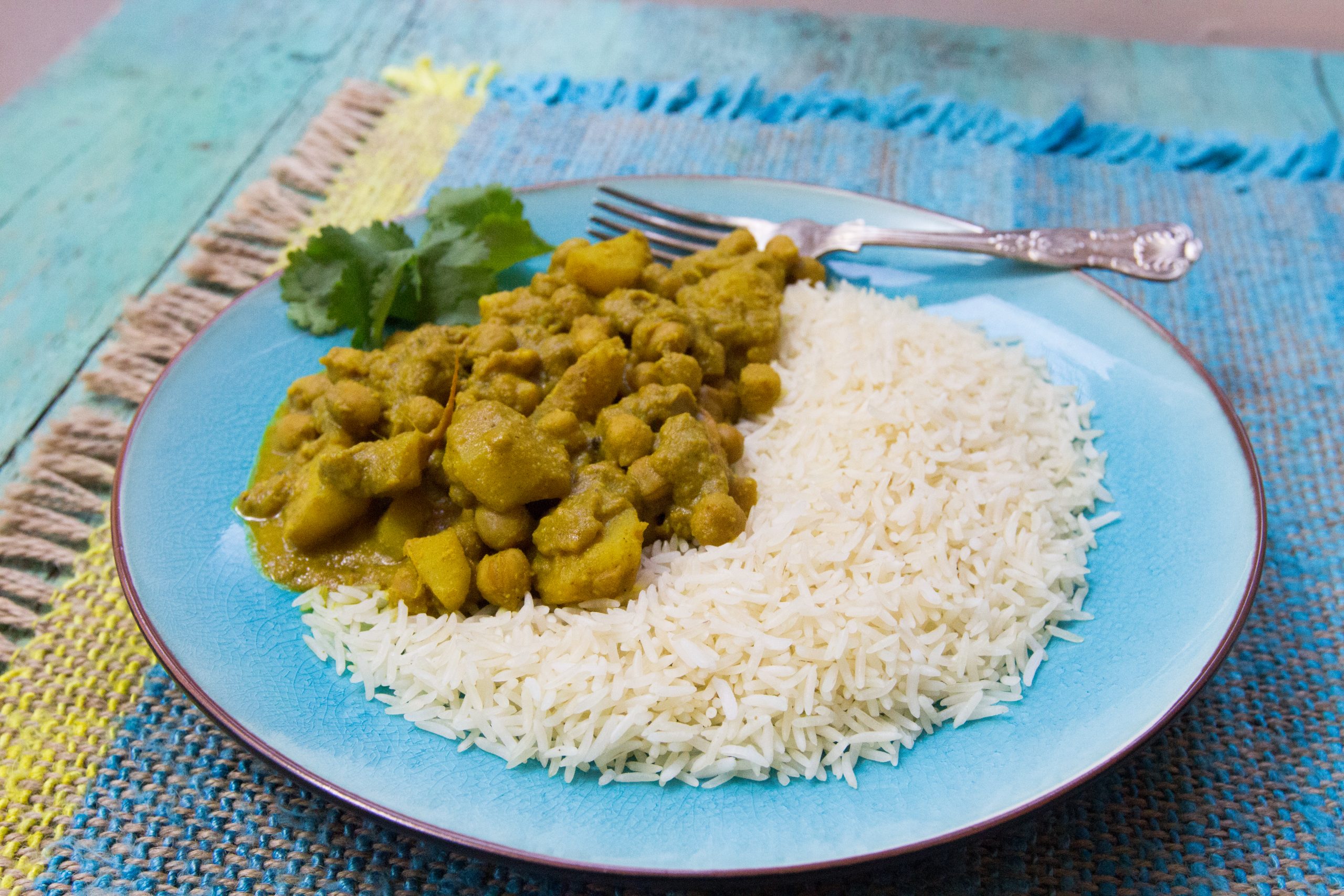
Kirly-Sue agreed, adding: “I really commend English people: you guys will try anything.
“I see white folks come to Jamaica when I’m there and they’ll ask me, I need some help, what’s this?
“Would you recommend that?
“I’m Jamaican and I’m not going to eat it and they’re game, they’re up for it!”



